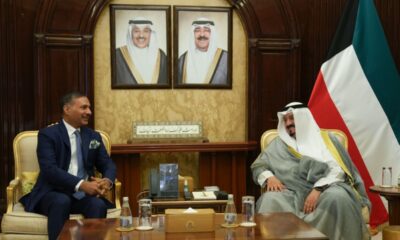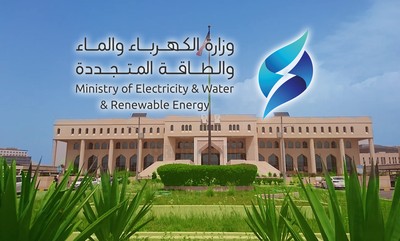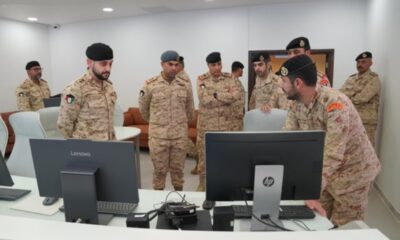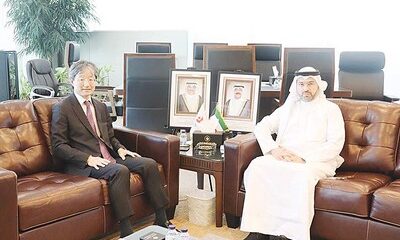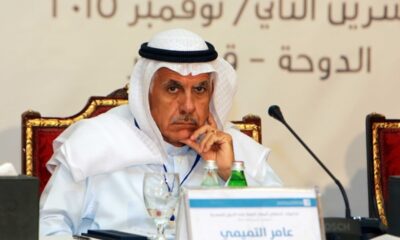KUWAIT: With the virtuous ten days of Dhul Hijjah now underway, conversations about good deeds—such as charity, Eid Al-Adha sacrifices, and community support— have grown louder. However, this season of giving has unfolded differently in Kuwait, following a government decision to temporarily suspend all fundraising activities.
Here’s a breakdown of what’s happening and how people in Kuwait are adapting.
Q: What exactly is happening with charity work in Kuwait?
A: In April 2025, Kuwait’s Ministry of Social Affairs issued a decision to temporarily suspend all fundraising activities. This came after authorities identified unauthorized websites collecting donations without proper oversight.
The ministry said the goal is to “reorganize and restructure” the charity sector, ensuring greater transparency, unified mechanisms, and compliance with governance standards, protecting Kuwait’s reputation as a trusted global humanitarian leader.
Q: Can people still donate?
A: Yes, giving hasn’t stopped, it has just become more centralized. Donations can still be made through officially sanctioned platforms, most notably the Zakat House, a government body established in 1982.
Through its projects supporting orphans, food distribution, Eid sacrifices, and more, Zakat House continues to facilitate giving both inside and outside Kuwait. Donations can be made via its website or through the government’s Sahel app.
Religious leaders are also encouraging traditional forms of charity, such as helping a struggling neighbor or family member.
Q: Why has this decision sparked mixed reactions?
A: While some Kuwaitis and residents support the move, seeing it as a necessary measure to prevent fraud and restore order in the charitable sector, others feel restricted by the limited options now available.
People who were used to donating directly to smaller organizations, such as those helping animals, sponsoring orphans, or supporting niche causes, are finding it harder to reach them.
Another group, while supportive of stricter governance, is urging the government to provide alternative mechanisms swiftly so that urgent needs are not neglected.
Q: Why is this such an emotional issue in Kuwait?
A: Charity is deeply woven into Kuwait’s social and religious fabric, it’s part of the country’s identity. Kuwait ranked first in the Arab world and seventh globally in charitable giving, according to Statista’s 2023 Global Giving Index.
Moreover, on September 9, 2014, Kuwait earned international recognition by the United Nations as a Humanitarian Center, and His Highness the Amir was honored as a Humanitarian Leader.
Institutions like the International Islamic Charitable Organization (IICO)—founded by Kuwaiti law in 1986 and headquartered in Kuwait—have long served as a symbol of the nation’s commitment to global humanitarianism. Operating across dozens of countries, the IICO reflects Kuwait’s deeply rooted values of compassion, neutrality, and service to humanity, offering aid without regard to political or sectarian divides.
Q: What has the government done to address concerns and improve the system?
A: Kuwaiti authorities are actively working to build a more resilient charitable system. A delegation from the Committee for Regulating Humanitarian and Charitable Work recently visited the UAE, Saudi Arabia, and Qatar to study their models.
These visits are part of a broader effort to strengthen Kuwait’s own framework by adopting best practices from across the GCC.
Following the visits, the committee has recommended reinstating ‘Adahi’ livestock donation projects ahead of Eid Al-Adha, along with resuming charity bank deductions for orphans. It also called for launching awareness campaigns in partnership with the Ministry of Information and KUNA to promote transparency and informed charitable giving.



